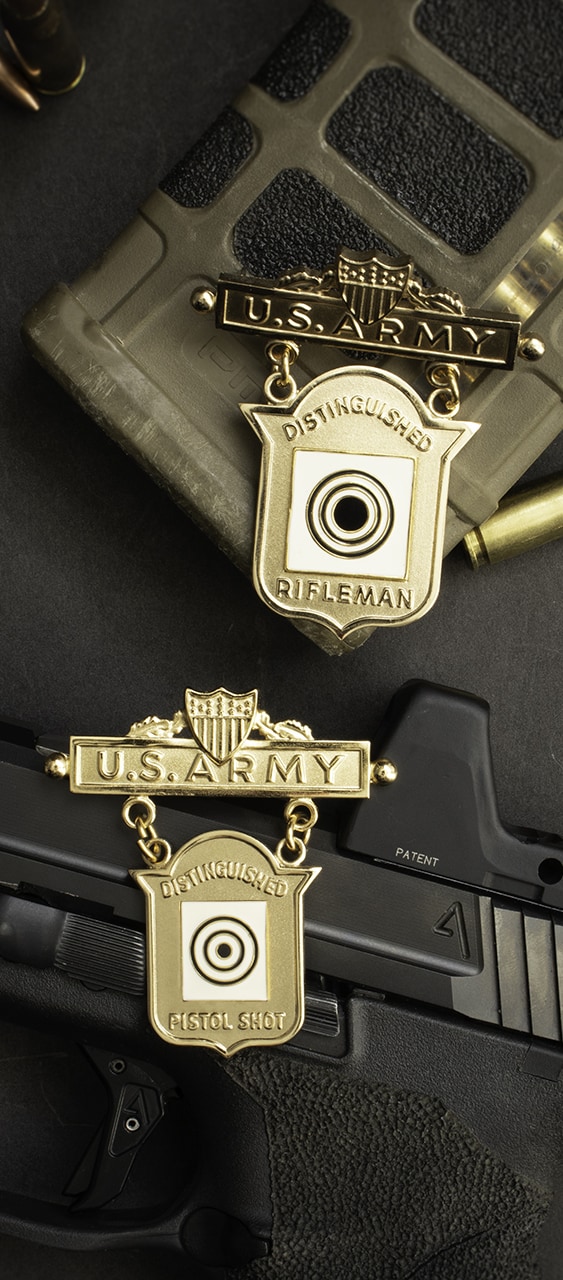What Is ITAR

International Traffic in Arms Regulations (ITAR)
In plain English, ITAR is a series of laws and lists that the US Government maintains. It applies to all kinds of defense-related items, weapons, night vision, thermal optics, and basically anything that would give our enemies any kind of advantage. If it can be used in warfare, it’s most likely on the USML and is prohibited from exportation.
Examples of products we sell that are controlled under ITAR:
- Thermal optics
- Scopes
- Firearms
- Firearm parts
- Night Vision
- Body Armor
Unfortunately, APO/FPO addresses are considered outside the United States in the case of ITAR/EAR export regulations, and any orders with ITAR-controlled items cannot be shipped outside the United States without Department of State approval.
The International Traffic in Arms Regulations (ITAR) and Export Administration Regulations (EAR) are U.S. Government regulations that control the export and import of defense-related items, technologies, software, services, and technical data.
ITAR regulations are designed to safeguard national security and foreign policy interests by regulating the export, and temporary import of defense articles, defense services, and related technical data. Under ITAR, U.S. persons or entities must receive U.S. Department of State authorization to export or temporarily import any items listed on the United States Munitions List (USML), which includes defense articles, information, and services for military or defense applications.
EAR, on the other hand, are regulations that control the export, re-export, and certain transfer of commercial and dual-use items, which are also subject to various sanctions and embargoes in certain countries. Items on the Commerce Control List (CCL) are controlled under the EAR’s jurisdiction.
Both ITAR and EAR compliance are essential for businesses that conduct international trade, especially those who work with government, military or defense-related clients.
International Traffic in Arms Regulations (ITAR) is a set of United States government regulations that control the export and import of defense-related articles and services on the United States Munitions List (USML). These regulations implement the provisions of the Arms Export Control Act (AECA), and are described in Title 22 (Foreign Relations), Chapter I (Department of State), Subchapter M of the Code of Federal Regulations. The Department of State Directorate of Defense Trade Controls (DDTC) interprets and enforces ITAR. Its goal is to safeguard U.S. national security and further U.S. foreign policy objectives. The related Export Administration Regulations (Code of Federal Regulations Title 15 chapter VII, subchapter C) are enforced and interpreted by the Bureau of Industry and Security in the Commerce Department. The Department of Defense is also involved in the review and approval process. Physical enforcement of import and export laws at border crossings is performed by Customs and Border Protection, an agency of the Department of Homeland Security.
ITAR regulations state that information and materials related to military or defense technologies listed on the US Munitions List should only be shared with US Persons. If a person other than US Persons wants access to ITAR-protected defense articles, services, or technical data, Department of State authorization or special exemption is needed. If any US Persons or organizations violate this, they may face substantial fines for sharing ITAR-protected information with non-US individuals without the proper permissions.
ITAR does apply to items identified under the Invention Secrecy Act.
